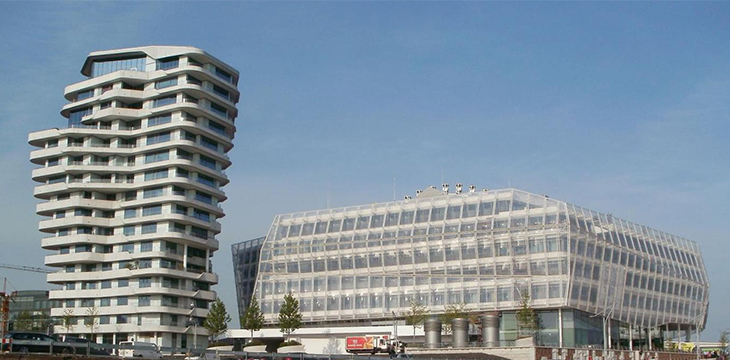|
Getting your Trinity Audio player ready...
|
On Thursday, Unilever announced that the use of blockchain technology has helped the company save money. Executive Vice President for global media Luis Di Como told the advertisement news outlet Campaign that the packaged goods giant found no leakage in its media investments made using this technology as part of a pilot project.
This, according to Di Como, has helped save Unilever money in their ad reconciliation. This is the process where advertisers are able to ensure that agreements are delivered upon.
Unilever had been working with IBM to create this blockchain solution over the last 18 months. IBM has become a leader in artificial intelligence in the past few years, and concluded that the use of this technology saved Unilever about “two to three percentage points.”
Following the test of the pilot project, Unilever is now looking to scale the system by creating a consortium through a partnership with the ad software firm Mediaocean. Di Como explained, “This is not going for the latest shiny tool. We are going through our rules and our principles to build trust again and having full transparency across all of our operations. [It is not a] cost-cutting exercise. It’s about finding better ways of doing things and releasing capacity to invest more in strategy, communications and media investment.”
This move by Unilever appears to be a shrewd one. Many of the largest advertisers across the globe have been looking to implement blockchain solutions in an effort to drive down costs and increase transparency related to online ad space purchasing. This is a major issue in the United Kingdom, where it is reported that 60% of advertising is now spent online.
Executives at Unilever recognize this as well. It’s why they have developed this ad-buying program, looking to create a significant change in how they work with their ad agency. The company already has its own trading desk – Ultra – which is fitting perfectly into its hybrid model.
“We didn’t have, 10 years ago, a programmatic trading desk, neither internally nor at our agencies,” Di Como explained. “Our solution was to co-create something that is fully transparent. Now we are working on this with all of the skills and scale that we and our agencies provide together.”
While other companies have tried to implement blockchain technology as a means to improve ad programs online, Di Como points out that it has been the lack of collaboration that has caused many of these companies to fail, pointing out that Unilever’s efforts have a much greater chance of success because “all of us are working hand in hand throughout this process.”

 02-24-2026
02-24-2026 




